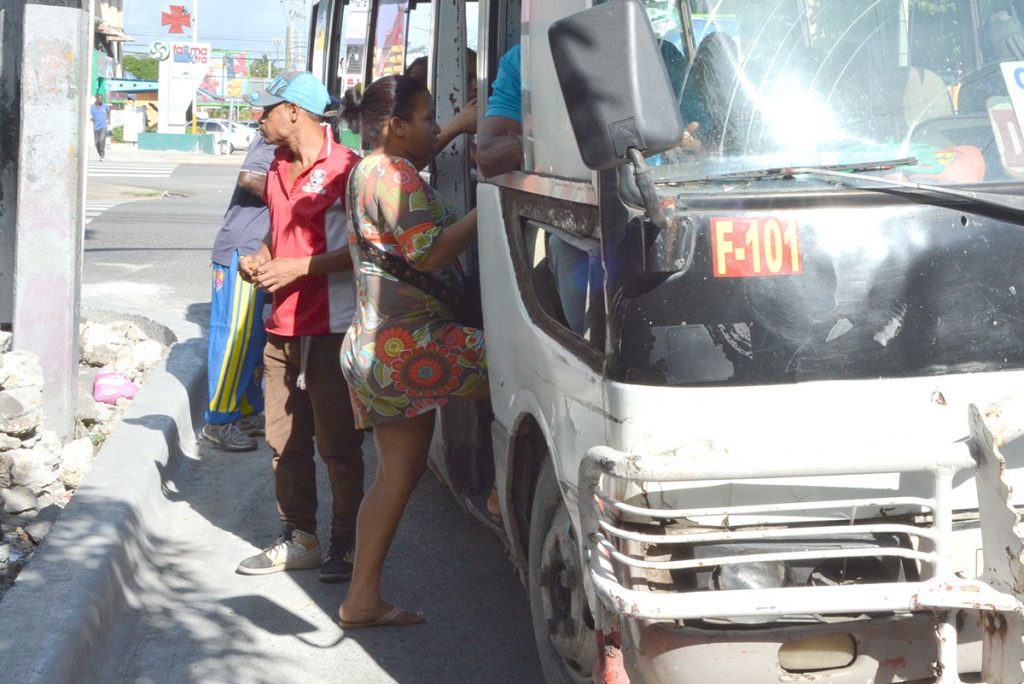
The Constitutional Court (TC) established that public transportation routes are a legal asset of public domain and are part of the national patrimony, therefore they cannot, and should not, belong to private parties.
In a recent judgment, the Constitutional Court highlights that by their very nature, public transportation routes are the exclusive property of the state, “without being subject to business.” “That is to say, their sale, donation, exchange or any other type of legal operation that entails the transfer of the absolute or fractioned power of these is prohibited,” the TC pointed out in sentence TC-0330-21.
The judgment refers to Article 43 of Law 63-17, of Mobility, Land Transportation, Transit and Road Safety. The article states: “Public passenger transportation are state property. The provision of the public passenger transportation service will be authorized through the issuance of operating licenses, issued by the Intrant (National Institute of Transit and Land Transportation) and the municipalities in their jurisdiction in favor of public or private operators, per the present law and without violating the rights or prerogatives previously established”.
The TC judges specified that the only thing that is allowed is the issuance of licenses facilitating private operators under the terms set by the Constitution and Law 63-17, under the supervision of Intrant.
The TC upheld a legal recourse filed by driver Danilo Vizcaíno Reyes and ordered the National Union of Independent Syndicated Drivers (Unachosin) to cease actions to impede is taking passengers on route B of San Cristóbal.
The TC determined the driver had a right to work on the route.
The Constitutional Court ordered Unachosin pay the driver RD$5,000.00 for each day of delay in the execution of the present decision, as of its notification, in favor of the plaintiff, driver Danilo Vizcaíno Reyes.
Read more in Spanish:
Listin Diario
1 October 2021

